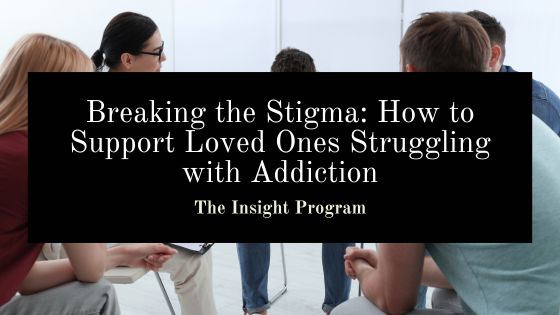Addiction is a complex disease that affects millions of individuals and their families worldwide. Unfortunately, it is often accompanied by stigma—a negative societal judgment that fosters shame, discourages seeking help, and isolates those affected. Supporting a loved one struggling with addiction requires understanding, empathy, and proactive engagement to break down these barriers and promote recovery.
Understanding the Impact of Stigma
Stigma arises from misconceptions about addiction, often labeling it as a moral failing or lack of willpower rather than recognizing it as a chronic condition influenced by genetic, psychological, and environmental factors. This stigma not only affects the person struggling with addiction but also their family and friends, creating a cycle of silence and judgment.
Breaking this stigma is essential to providing meaningful support. A supportive environment can empower your loved one to seek treatment, stay committed to recovery, and rebuild their self-esteem.
Ways to Support a Loved One
- Educate Yourself About Addiction
Begin by learning about addiction as a disease. Understand its causes, symptoms, and the challenges of recovery. This knowledge will help you approach your loved one with empathy and reduce the likelihood of making assumptions or judgments. - Listen Without Judgment
Creating a safe space for open communication is crucial. Let your loved one share their feelings and experiences without fear of criticism. Avoid offering unsolicited advice or downplaying their struggles; instead, validate their feelings and acknowledge their courage in speaking up. - Use Supportive Language
Words matter. Avoid stigmatizing terms like “addict” or “junkie.” Instead, use person-first language, such as “person with a substance use disorder.” This approach reinforces their identity beyond their addiction and fosters dignity. - Encourage Treatment, Not Force It
While it’s natural to want your loved one to seek help, recovery is a personal decision that requires their commitment. Gently encourage them to explore treatment options, whether it’s therapy, rehabilitation programs, or support groups. Be patient and understand that the journey to recovery may involve setbacks. - Offer Practical Help
Addiction often disrupts daily life, from work and finances to relationships and health. Offer practical support, such as helping them find treatment resources, attending counseling sessions together, or assisting with day-to-day responsibilities. - Set Boundaries
Supporting someone doesn’t mean enabling harmful behaviors. Establish clear boundaries to protect your well-being and to encourage accountability. For example, avoid providing financial support that might be misused or covering up for their mistakes. - Take Care of Yourself
Supporting a loved one through addiction can be emotionally taxing. Seek support for yourself through counseling or support groups like Al-Anon or Nar-Anon. Taking care of your own mental health ensures you can be a strong, consistent presence in their life.
Breaking the Silence
Ending the stigma around addiction requires collective action. Share accurate information about addiction in your community, advocate for nonjudgmental treatment options, and challenge misconceptions when you encounter them. By normalizing conversations about addiction, you create a more inclusive environment for recovery.
Conclusion
Supporting a loved one struggling with addiction is a challenging but meaningful endeavor. By breaking the stigma and fostering understanding, you can help your loved one feel seen, valued, and empowered to seek recovery. Remember, compassion and patience are your most powerful tools in guiding them toward a healthier, more fulfilling life.

